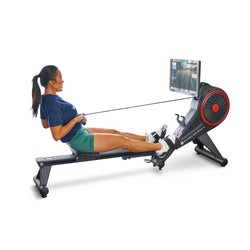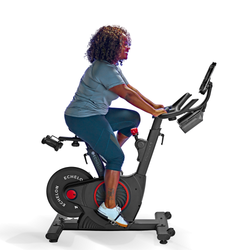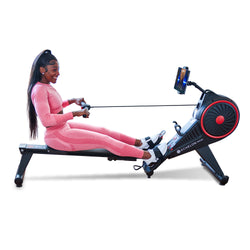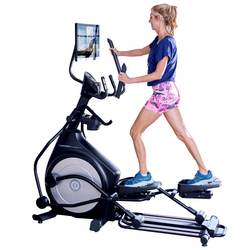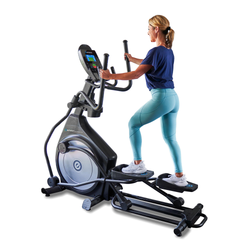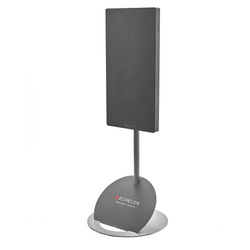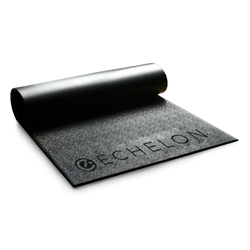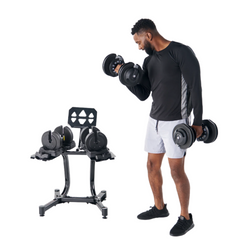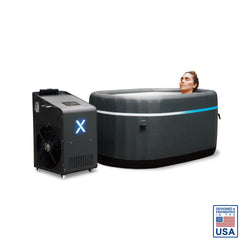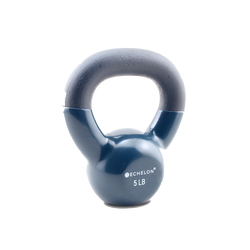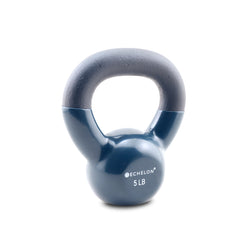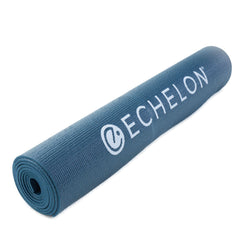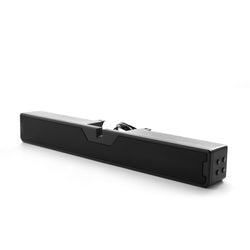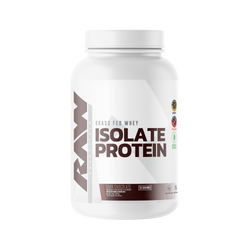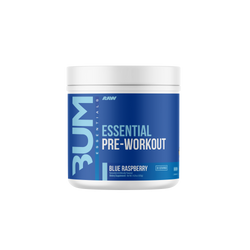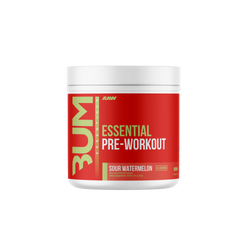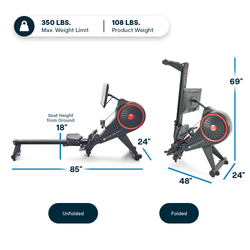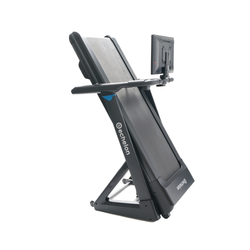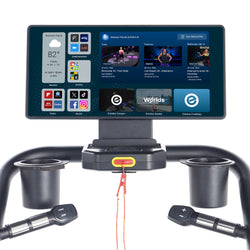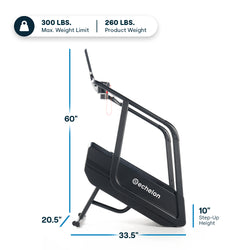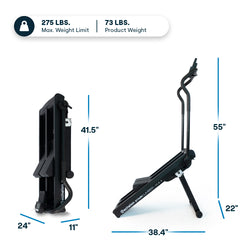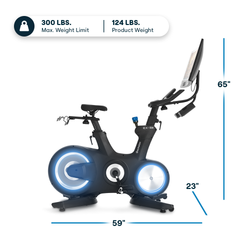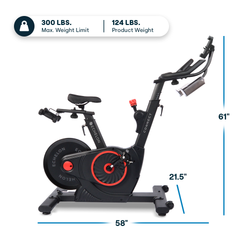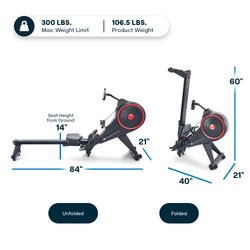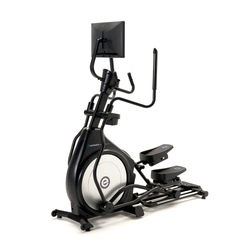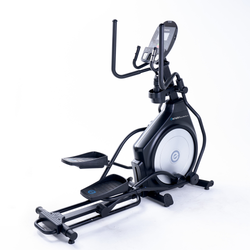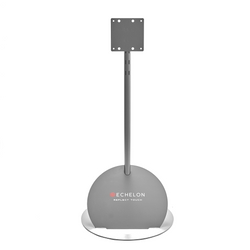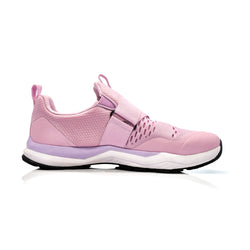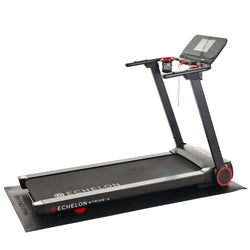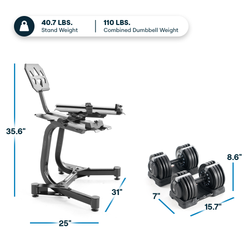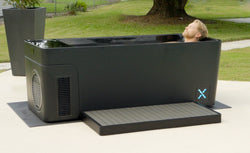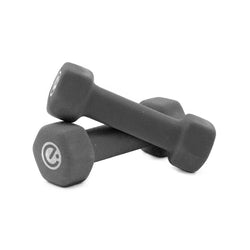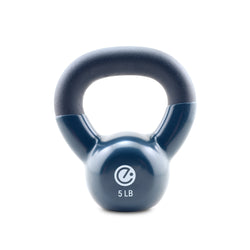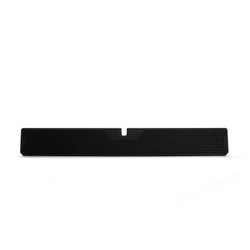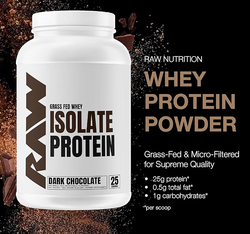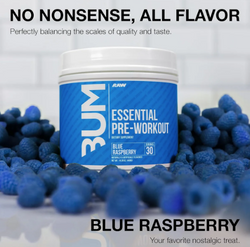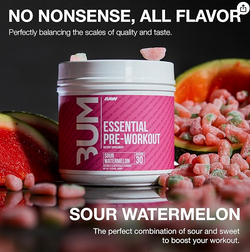How Much Protein Do You Really Need After a Workout?


If you want to lose weight, get toned, or bulk up, working out with the right equipment, and a set schedule helps you stick to your goals and strengthen your muscles to achieve the look you desire. Exercising; however; is only half the work needed to score the body you want. Eating right and making sure your body is getting the essential components it needs to grow strong is just as important. That’s where protein comes into play.
Why do we need protein?
Protein plays a heavy role in making our bodies shine. You may have heard protein molecules are building blocks within the body, and this is true! Proteins are responsible for helping to create tendons, enzymes, skin, organs, and build up muscles. If you do not get enough protein, your body can certainly suffer. Protein is made up of 20 amino acids that can alter per combination. Most of these can be produced within the body; however, the naturally produced amount of amino acids is not sufficient to provide the total amount needed for a normal and healthy functioning body. Therefore, the 9 amino acids we cannot manufacture within our bodies, we get from our diet.
Well, if we get protein every day, why is it so important to consume protein right after a workout?
When you work out, you make small tears in your muscles. With recovery and a good diet, they heal and come back stronger. Since protein makes up a majority of your muscle, you need to continue to feed your muscles with more protein. This ensures that your muscles will be working to build and re-strengthen, instead of being broken down to gain energy.
Wait a minute, build? I don’t want to get bulky, I want to lose weight.
Protein is actually great when you want to lose weight! When you consume protein, it boosts your metabolism or increases the rate at which your body burns calories. This process of burning a higher amount of calories develops when your body digests your protein intake. Your body burns off a greater amount of calories when it digests proteins than it does when it digests fats or carbs. Besides the fact that protein itself will help burn more calories, its ability in keeping your hunger satisfied is far more efficient than fats or carbs. Therefore, the more protein you consume, the better chance you will avoid those annoying cravings throughout the day, limiting the empty calories you might unconsciously consume.
I am thinking about going vegetarian, can I still get the right amount of protein in my diet if I cut out meat?
Many people think going vegan or vegetarian can be a healthy choice but is not an efficient way to consuming the right amount of protein. To an extent, this is a wrong assumption. The quality of protein found in animals and animal products such as meat, eggs, and dairy, is very high and can provide the essentials your body needs. Plants however, can become a great resource at providing necessary amounts of protein, you just need to eat a little more of it. Beans and nuts are excellent sources of protein and are recommended in your diet whether you cut meat out or not. Quinoa and tofu may taste a little strange at first but are packed full of protein and can be incorporated into several meals. If you’re looking for a tasty meal maxed out in plant protein, lentils will always be a fantastic go-to after a workout.
Okay, now that you know why protein is essential to a balanced life and where to get it, lets get down to why you really came here.
How much protein should you eat after a workout?
It’s a mysterious question that many come to ponder, especially those who have a light workout and aren’t into lifting heavy weights (remember, you still need protein!)
What is too little? What is too much? Many believe any amount of protein is good; however, too little protein will not get you very far. You should have at least 10 grams of protein after a workout to kick start the rebuilding of your muscles.
Can you go overboard on the amount of protein you take? The answer is YES. Anything over 30 grams of protein is too much for your muscles, even if you are trying to bulk up. Intaking too much protein actually reverses the hard work you put in at the gym by storing the protein as excess fat. Excess protein also creates an overabundance of ammonia production, resulting in more stress on your kidneys to filter out this plethora amount.
For a light cardio workout, you are okay to have anywhere between 10-20 grams of protein to feed those muscles. Those who have more of a strenuous workout with heavy weights are typically looking to bulk up their muscles which requires a little more protein. So, 20-30 grams of protein after a more intense workout works just fine!
Remember you can certainly get too much protein, so don’t go overboard! It is important your body is absorbing these essential elements every day, but there are also other components that should make up your diet- fruits and vegetables. Throw in some of what nature has to offer along with a dedicated workout routine and you will be hitting your goals in no time!


